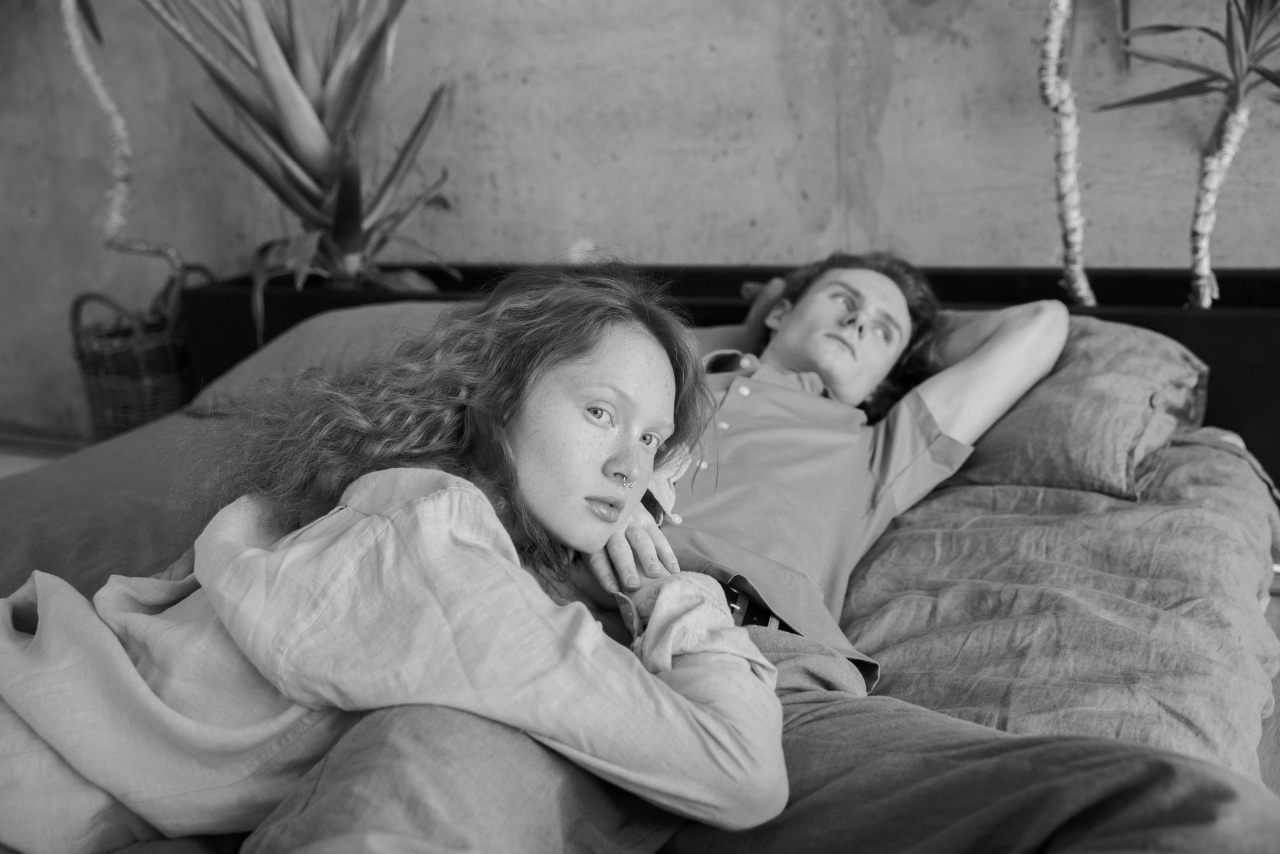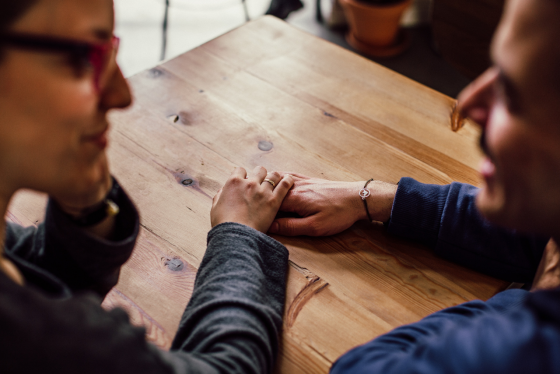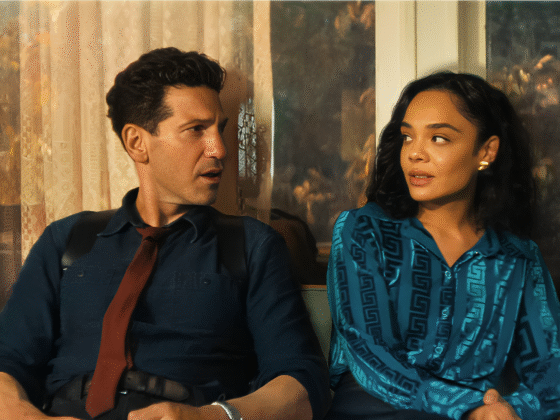Last Updated on 2 years ago by By Chiic Magazine
A codependent relationship isn’t necessarily an abusive one, but it can be detrimental to the health and happiness of both partners if left unchecked. While many codependent relationships start with the best intentions, some people become trapped in the unhealthy dynamic of dependence on their partner, often without realizing it. If you suspect that you or your partner are in a codependent relationship, keep an eye out for these warning signs that may indicate your relationship has crossed the line from healthy to unhealthy.
1. Your Life Revolves Around Another Person
A codependent relationship is one where one person’s life revolves around another person. If you find yourself constantly thinking about someone else, making decisions based on what will make them happy, or putting their needs above your own, then you may be in a codependent relationship. You’ll feel like something is missing if they are not there: Many people in codependent relationships don’t feel fulfilled when they are away from the other person.
2. The Other Person Seems To Have The Upper Hand
In a codependent relationship, it can feel like the other person has all the power. They might make all the decisions, or they might be the one who always seems to get their way. This can leave you feeling powerless and resentful.
A codependent partner will often have difficulty saying no when you ask for something, even if it’s something that doesn’t really matter to them. Their inability to say no could lead them to do things for you that are not good for them.
3. You Lose Your Identity By Trying To Be What They Want You To Be
In a codependent relationship, you may start to lose your identity. This can happen when you try to be what your partner wants you to be instead of being your true self. If you find yourself changing who you are to please your partner, it’s a warning sign that you’re in a codependent relationship.
Your partner is your everything (five sentences): In a codependent relationship, your partner may become your everything. You may start to rely on them for everything from emotional support to financial stability.
4. There Are Secrets Between You And The Other Person
If you’re keeping secrets from your partner because you’re afraid of their reaction, that’s not healthy. In a codependent relationship, one person often relies on the other for approval or validation. This can create an unhealthy dynamic where one person feels like they can’t make decisions without the other person’s okay. If you find yourself constantly seeking your partner’s approval or checking in with them before making decisions, that’s a sign you’re in a codependent relationship.
5. The Other Person Drains Energy From You
You know something is wrong, but you can’t quite put your finger on it. Your friends have started to express concern, and you may even be doubting yourself. If you feel like you’re constantly giving more than you’re receiving, you may be in a codependent relationship. There are some things we do for love, but there should always be an element of reciprocity.
6. Sometimes It Feels Like They Use Manipulation, Blackmail, Or Guilt Tripping
If you find yourself constantly walking on eggshells around your partner, it may be a sign that you’re in a codependent relationship. Your partner may try to control you with manipulation, blackmail, or guilt-tripping. If this is happening, it’s important to take a step back and assess the situation. The more manipulative they are, the more distance they want from you. It can feel like they don’t care about what you think, so it can be hard to trust them when they say things like I need space.
How To Stop Being Codependent In A Relationship
If you’re codependent in your relationship, there are several things you can do to help change this harmful behavior, according to experts and therapists. Here are some of the best ways to stop being codependent in your relationship right now!
1. Admit You Have A Problem
The first step to solving any problem is admitting that you have one. If codependency is negatively impacting your relationship, the first step is to admit that you have a problem. This can be difficult, but it’s important to remember that you’re not alone. Many people have dealt with codependency and gone on to have healthy, happy relationships.
2. Change Your Language And Stop Saying Yes All The Time
One way to stop being codependent is to change the language you use. For example, instead of saying I need you to do this, try saying I would appreciate it if you could do this. Also, try to stop saying yes all the time. If you’re always putting yourself last, it’s time to start putting yourself first.
3. Start To Take Care Of Yourself
If you want to start to break the habit of being codependent in your relationship, you have to start by taking care of yourself. This means making time for your hobbies and interests, getting regular exercise, and spending time with friends and family. It also means setting boundaries in your relationship and learning to say no when you need to.
4. Take Care Of Your Needs First
It’s important to remember that you can’t pour from an empty cup. If you’re codependent, you might be so focused on taking care of your partner that you forget to take care of yourself. You need to be healthy and happy first before you can truly make your relationship work.
5. Have Boundaries
If codependency is defined as giving too much in a relationship, then having boundaries is the opposite—it’s making sure that you’re not giving more than you can handle, and that your needs are being met. While it might seem selfish to put yourself first, it’s actually an important part of a healthy relationship.
6. Get Rid Of Unhealthy Relationships With Enablers
If you want to stop being codependent in a relationship, you need to get rid of unhealthy relationships with enablers. Enablers are people who enable your codependency by enabling your bad behavior. They might do this by making excuses for you, or by giving you money when you ask for it. If you’re in a relationship with an enabler, it’s time to get out. You need to find someone who will support your efforts to become healthy and independent.
7. Be Selfish Sometimes
It’s not always easy to put yourself first, but it’s important to do things that make you happy and fulfilled—without relying on your partner to do those things for you. When you take care of yourself, you’re able to show up as a better partner and build a stronger, more codependent relationship.









